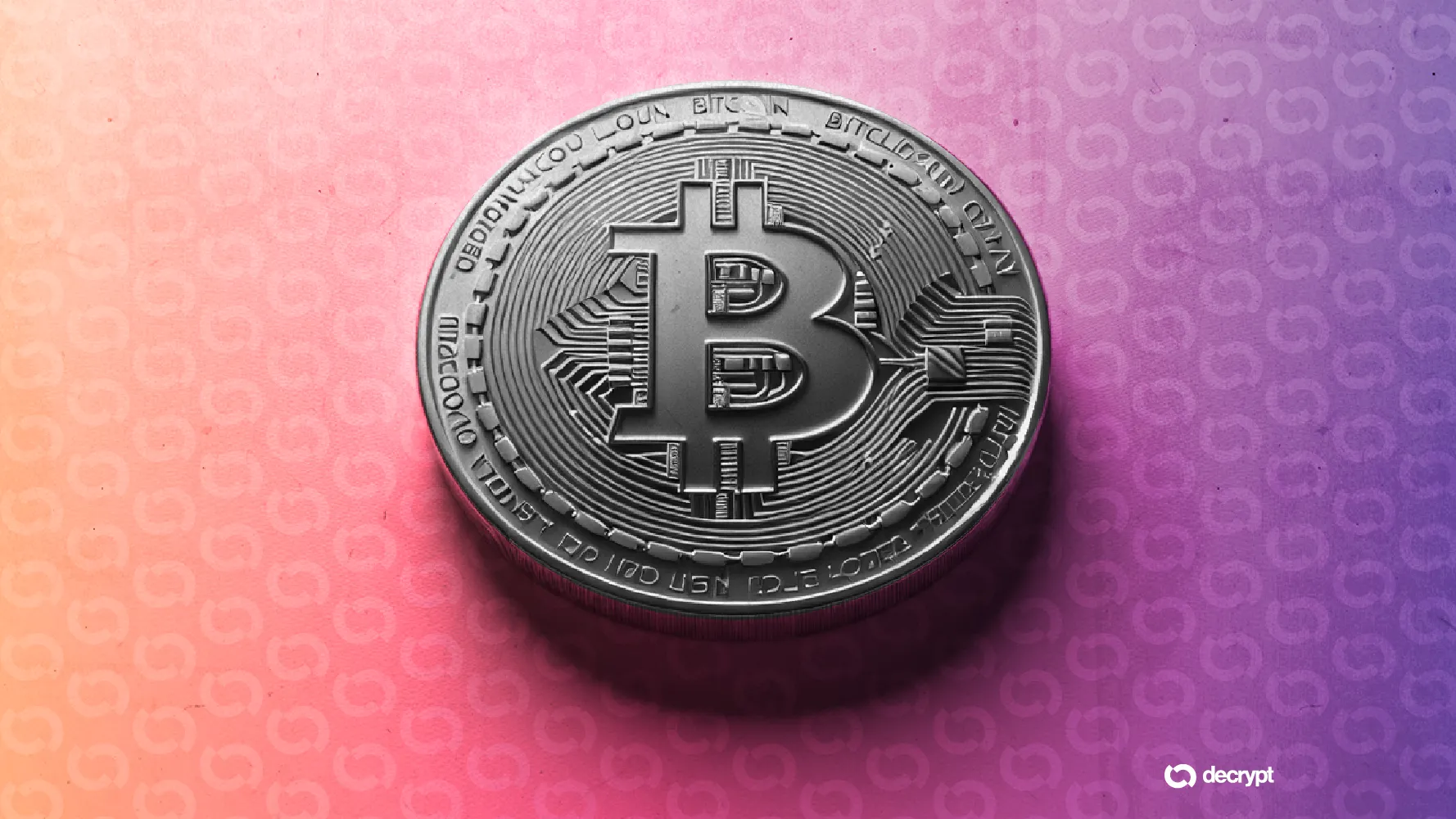In brief
- Metaplanet issued $21M in bonds to EVO FUND to finance more Bitcoin purchases, part of a broader strategy that’s raised $135 million via debt this year.
- The company now holds roughly 7,800 BTC—about 78% of its 10,000 BTC goal for 2025—and ranks 11th among corporate Bitcoin holders.
- The bonds include flexible repayment terms, with the Cayman Islands-based fund able to exit early with five days' notice.
Metaplanet announced Thursday that it would sell bonds to buy more Bitcoin, continuing its plan to build one of the world's largest corporate Bitcoin holdings.
The Japanese company issued the bonds to EVO FUND, a Cayman Islands-based investment firm.
If it contributes enough money in future fundraisings, the company may redeem "a corresponding multiple of Bonds at USD 1 per USD 1 of face value," Metaplanet's notice of issuance for $21 million in zero-interest bonds reads.
Issuing bonds allows Metaplanet to borrow money, which it must repay in full, typically at maturity, in this case, about six months later on November 28. This is similar to obtaining a loan, but these bonds yield no interest, meaning Metaplanet receives the funds at no added cost until maturity
The bond deal includes flexible repayment terms. EVO FUND can request its money back early, provided the investor receives at least five days' notice, providing an exit option if needed.

Metaplanet Appoints Eric Trump to Newly Formed Strategic Advisory Board
Japanese investment firm Metaplanet Inc. has appointed Eric F. Trump, son of U.S. President Donald Trump, to its newly established Strategic Advisory Board for his “business expertise and passion for Bitcoin.” “This appointment marks a significant step in Metaplanet’s continued mission to drive Bitcoin adoption and strengthen its position as a global leader in the Bitcoin economy,” the company said in a statement on Thursday. Metaplanet expects Eric Trump to bring his experience in “real estate,...
Creative financing for Bitcoin
Metaplanet has shown consistency and creativity in raising money specifically for Bitcoin purchases. Its approach mirrors what Strategy, formerly known as MicroStrategy, has pioneered in using corporate financing tools to accumulate Bitcoin, rather than relying on traditional investments.
The company has raised capital through multiple bond issuances this year: earmarking $25.9 million in February, $13.3 million in late March, and $25 million earlier this month.
Its latest issuance is the 17th in a series and follows another notice just a day before, for a separate amount of $50 million.
The latest bond sale brings the company closer to its goal of owning 10,000 BTC by the end of 2025, with total debt raised this year now at roughly $135.2 million.

Metaplanet to Establish US Subsidiary, Seeks $250M to Boost Bitcoin Strategy
Metaplanet Inc. plans to establish a wholly owned subsidiary in Florida, aiming to raise $250 million to further fuel its Bitcoin treasury strategy. The Tokyo-listed investment firm, which crossed the 5,000 BTC threshold last week, will operate its new entity as Metaplanet Treasury Corp. to expand its access to U.S. institutional investors and bolster 24-hour operations across time zones. "The reason for choosing Florida is clear: the state is rapidly emerging as a global hub for Bitcoin innovat...
The company acquired another 696 BTC in late March through a combination of exercised cash-secured put options and premiums from selling those options.
The same month coincided with the appointment of President Trump's son, Eric, to Metaplanet's Strategic Advisory Board.
A week before April closed, Metaplanet purchased 145 BTC for $13.6 million, bringing it halfway to its year-end target.
Data from Bitcoin Treasuries shows the company currently holds approximately 7,800 Bitcoin, accounting for roughly 78% of its goal.
Metaplanet's record holdings are worth roughly $840 million at current prices, bought at an average cost of $91,340 per Bitcoin. It now ranks 11th out of the largest companies holding Bitcoin.
Earlier this month, the company announced plans to establish a U.S. subsidiary, citing prospects of "expanding access to liquidity for institutional investors."
Edited by Sebastian Sinclair



